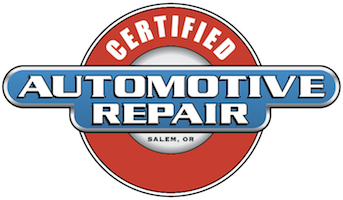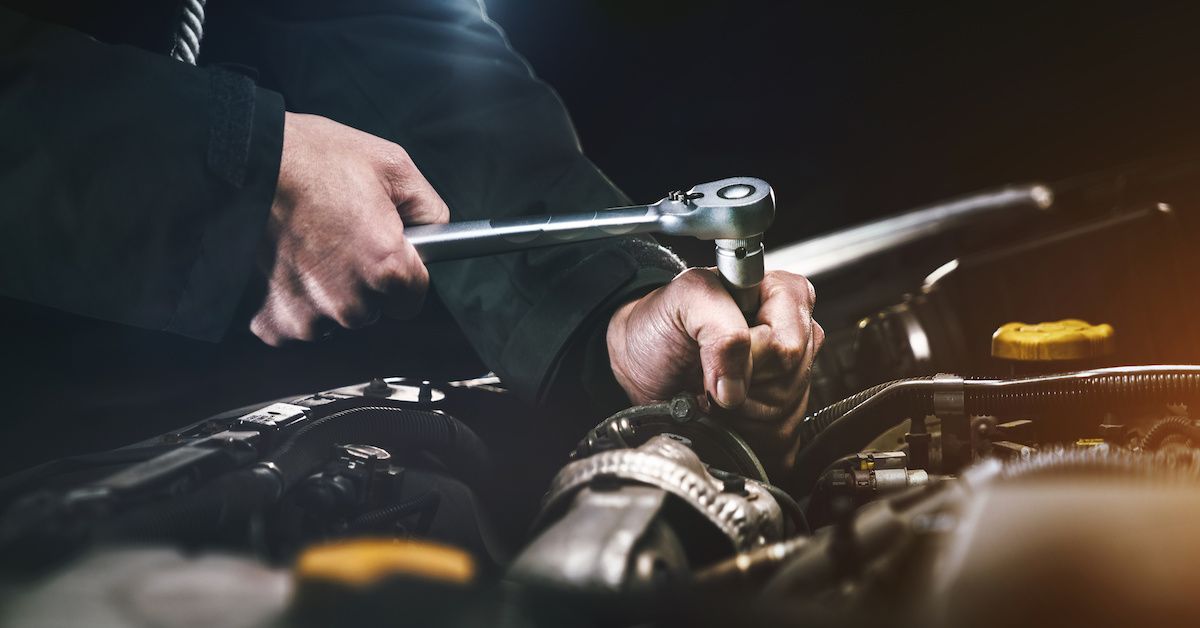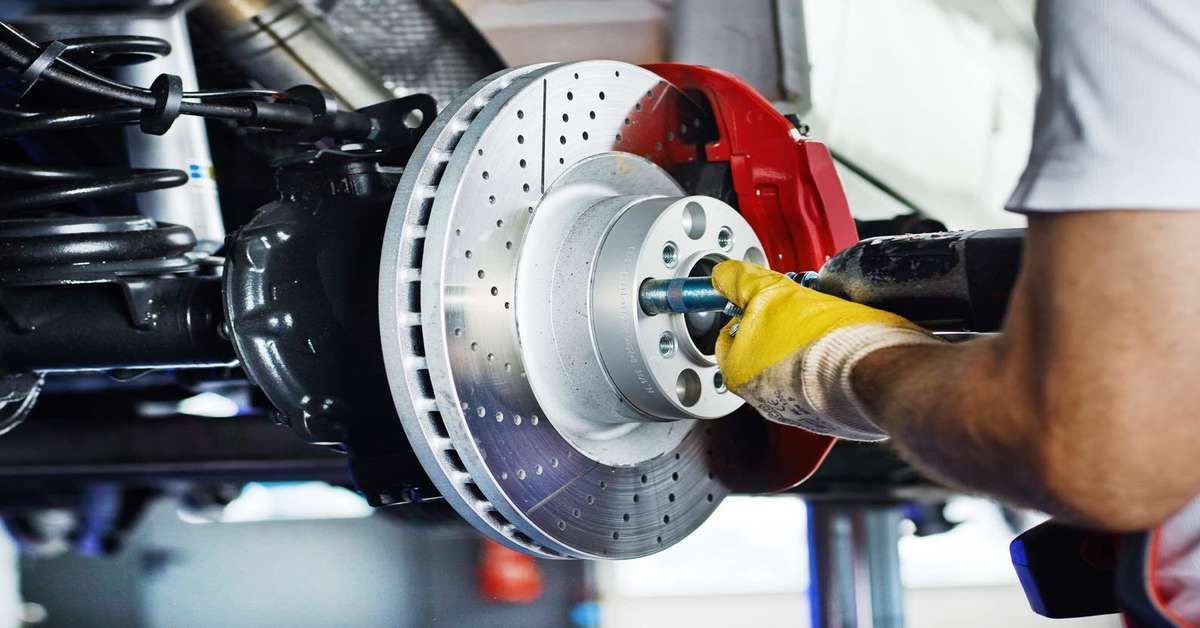Causes of a Damaged Transmission
Causes of a Damaged Transmission
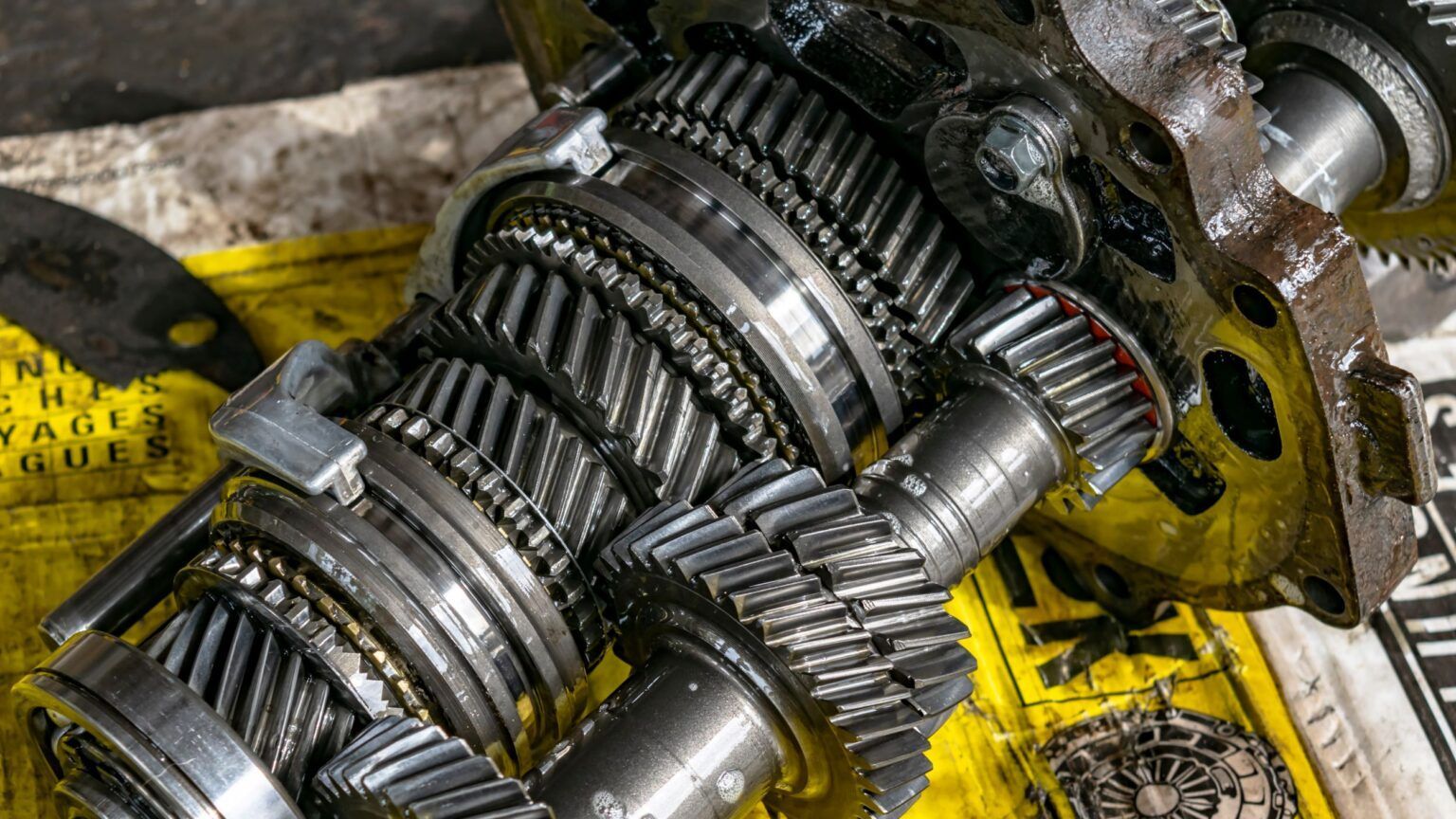
There are a few tell-tale signs that your car’s transmission is failing. One is that the car starts to make strange noises, such as grinding or whining. Another is that the vehicle starts to slip out of gear or is reluctant to shift gears. You might also notice that the car’s engine revs up without the car actually accelerating. These are especially obvious if you drive with a manual transmission. Transmission repair can be expensive, but you can minimize the damage if caught early. Left unchecked, however, a faulty transmission can cause serious damage to your car’s engine and ultimately lead to a complete breakdown. Your transmission is key in controlling your vehicle, so you must take good care of it. Here are a few things that might damage your transmission:
Overheating
One of the most common causes of transmission damage is overheating. When your transmission overheats, it can cause the fluid to break down and the gears to warp. This can lead to a complete breakdown of your transmission. Overheating can be caused by several factors, including towing a heavy load, driving in stop-and-go traffic, or simply having a faulty cooling system.
There are a few ways to help prevent this type of damage. Luckily, a little vehicle maintenance is the best way to keep your car and all its components in good shape. An automotive expert at an auto shop can give you a good idea of how your vehicle is doing.
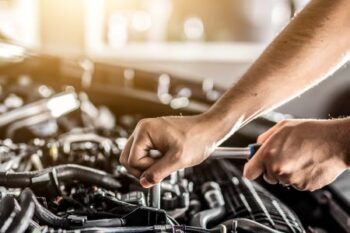
First, ensure your vehicle’s cooling system is in good working order. This includes the radiator, hoses, and fans. Second, avoid excessive idling or stop-and-go driving, which can strain the transmission. Finally, have your transmission checked regularly by a qualified technician to ensure it is operating correctly. By taking these steps, you can help prevent overheating and extend the life of your transmission.
Old or Incompatible Fluid
Another common cause of transmission issues is failure to change the fluid. While your transmission fluid doesn’t need changing as often as your oil, it may need to be changed to remove contaminants and keep it fresh. Check with your owner’s manual to see how often your car needs its transmission fluid changed; modern models may not need it changed at all! The fluid may last for the vehicle’s lifetime if nothing goes wrong with your transmission. However, when the fluid breaks down or becomes contaminated, it can cause the gears to slip and grind, eventually leading to damage. Fresh, clean transmission fluid is a transparent red color; if it’s dark red, brown, black, or has a rusty smell to it, it may need changing.
Foreign objects or debris in the fluid can cause serious problems, damaging bearings and other vital components. In extreme cases, transmission failure can even occur. Using the proper fluid and keeping the system clean is essential to avoid transmission damage. Regular maintenance and inspection can also help identify potential issues before they cause serious damage.
Finally, transmission damage can also be caused by using the wrong fluid. Every transmission has specific requirements for the type and viscosity of fluid that should be used. Using the wrong kind of fluid can cause all sorts of problems, from shifting issues to complete failure. In addition, transmission failure can be caused by a buildup of sludge or debris inside the engine.
Leaking Fluid
Another common cause of transmission damage is leaking fluid. When there’s fluid leaking from your transmission, it can’t do its job properly, and the transmission can start to slip or fail altogether. Leaks can be caused by various things, including a worn seal or gasket, a crack in the casing, or even loose fittings. Whatever the cause, it’s vital to get any leaks fixed as soon as possible to prevent further damage. If you notice fluid leaking from your transmission, take it to a mechanic right away for repairs.
Even a tiny leak can cause major problems, so getting it fixed as soon as possible is important. There are several ways to tell if your car has a transmission fluid leak. First, check the ground under your vehicle for any dark stains. Next, check your transmission fluid level and look for any leaks around the seals and gaskets. If you see any of these signs, take your car to a repair shop as soon as possible. Ignoring a transmission fluid leak can lead to costly auto repair down the road.
Trust Your Car to Certified Automotive Repair!
Fortunately, there are ways to prevent transmission damage. The best way is to have your transmission regularly serviced by a qualified technician – which is especially critical for people who drive with a manual transmission. They will be able to check for potential problems and ensure that everything is in good working order. The longer you drive on damaged parts, the worse (and more expensive) the problem can get.
Certified Automotive is the best place to go for both manual and automatic transmission repairs. Our transmission technicians are highly experienced and will be able to diagnose the problem quickly and accurately. Our knowledgeable team will provide you with a free and honest estimate for the repairs so you know exactly what to expect. We provide expert repair skills and excellent customer service as well! We’re dedicated to taking good care of your vehicle, so you can rest assured that your car is in good hands. Give us a call to find out why we stand head and shoulders above other automotive transmission repair technicians.
